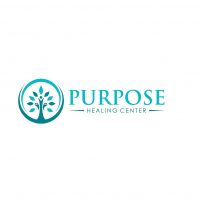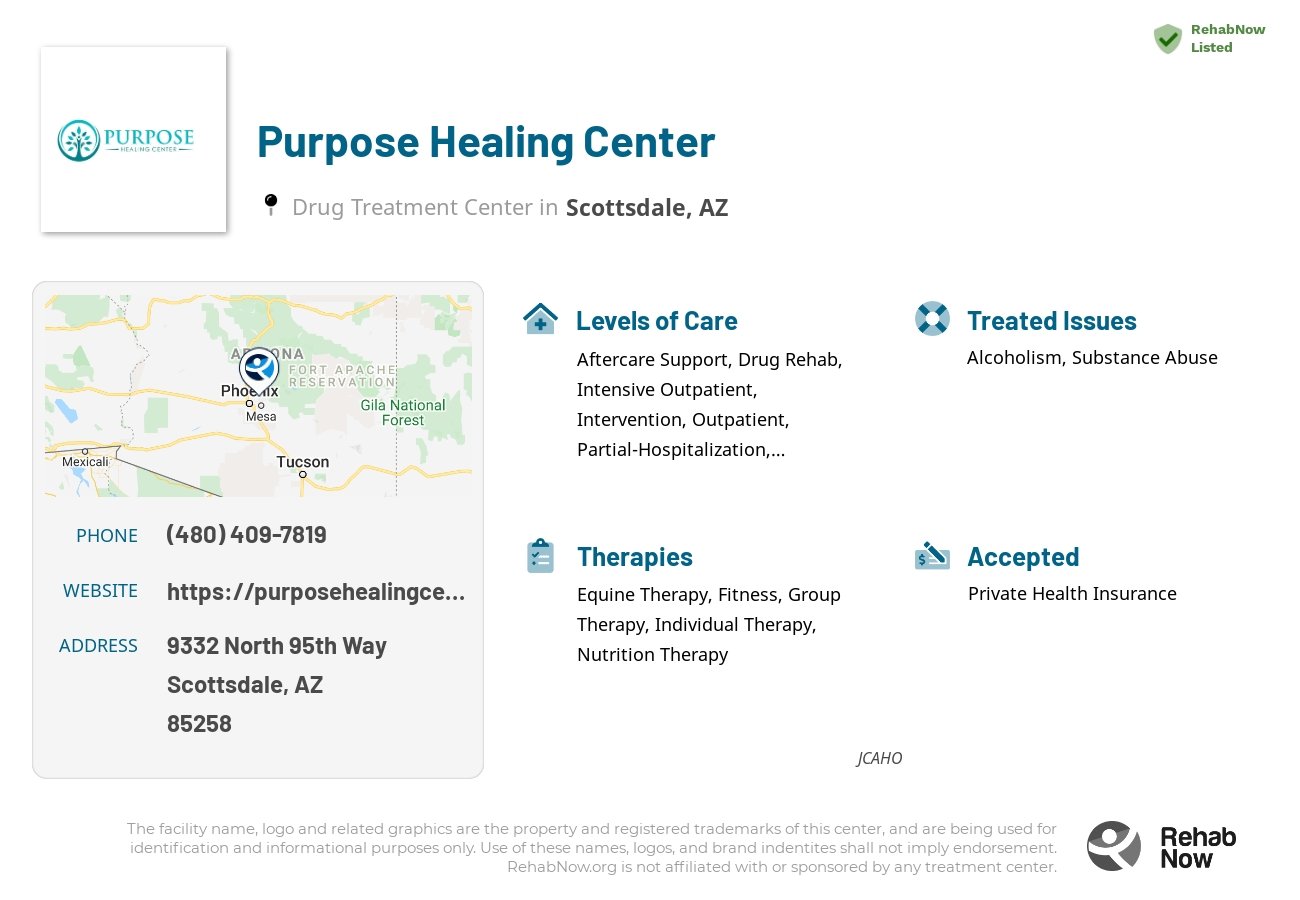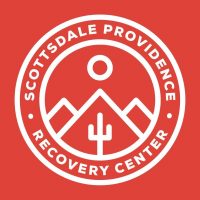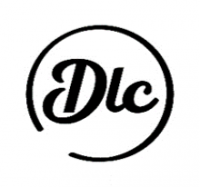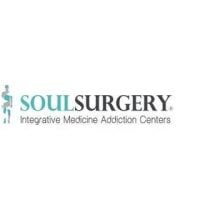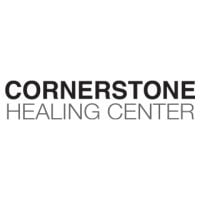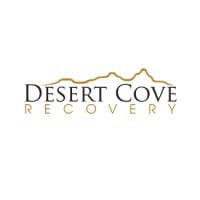Purpose Healing Center
Drug Rehab Center in Scottsdale, Arizona
Purpose Healing Center in Scottsdale, Arizona is an accredited addiction treatment facility providing comprehensive care and support for individuals with alcohol and drug abuse issues, including specialized programs for opioid addiction and eating disorders.
About Purpose Healing Center in Arizona
Purpose Healing Center, located in Scottsdale, Arizona, is a leading provider of comprehensive addiction treatment services. Their focus is on helping individuals recover from alcohol and substance abuse through personalized inpatient and outpatient programs.
- Offers a full continuum of care, from medical detox to residential and outpatient treatment
- Utilizes evidence-based therapies and a holistic approach tailored to each individual's needs
- Provides dual diagnosis support for co-occurring mental health and addiction issues
Purpose Healing Center begins with a thorough assessment to determine the appropriate level of care. Their services are accredited by SAMHSA and JCAHO, ensuring adherence to the highest standards of quality and care.
The center treats a wide range of addictions, including alcoholism, opioid addiction, substance abuse, and drug addiction. Treatment methods encompass detox, individual and group therapy, family counseling, medication management, and 12-step support. Levels of care include residential (30, 60, or 90 days), partial hospitalization, and intensive outpatient programs.
Genders
Ages
Modality
Additional
Accreditations
SAMHSA

JCAHO
Conditions and Issues Treated
A combination of treatments is often needed to treat drug abuse. Some addictions can be treated with counseling and support groups. In other cases, drug abuse can lead to a medical problem and require medical treatment. Treatment for drug addiction typically combines counseling and psychotherapy with medication and behavioral therapies.
A combination of treatments is often needed to treat drug abuse issues effectively. In the case of drug abuse, there is no easy answer or one-size-fits-all cure.
Opioid addiction has become a significant health problem in the United States. In 2015, there were 91 opioid overdose-related deaths per day, with a substantial increase in mortality rate in 2014.
When opioid addiction has reached a point where a person’s life becomes unmanageable, treatment options are available to help them get sober. Treatment that includes medical care with medications and counseling can help a user transition into sobriety.
When someone in struggles with both addiction and mental or emotional illness, this is considered a dual diagnosis. Dual diagnosis treatment can include therapy for these issues to happen simultaneously, which will allow either of them to be treated effectively.
Sometimes people who have suffered from addiction disorder also suffer from co-occurring disorders such as depression, anxiety, bipolar disorder, etc., making them “dual diagnoses.” Dual diagnoses require specialized treatment programs where drug and alcohol addiction are addressed along with psychiatric illnesses. Some rehabilitation facilities provide patients suffering from cooccurrences a program with highly integrated services and a clean environment with few distractions to help them succeed.
Levels of Care Offered
This center offers a variety of custom treatment tailored to individual recovery. Currently available are Aftercare Support, Detox, Drug Rehab, Dual-Diagnosis, Inpatient, Intensive Outpatient, Intervention, Partial-Hospitalization, Residential, Sober-Living / Half-Way, with additional therapies available as listed below.
One of the first things an addict should do when entering treatment is to abstain from using illicit drugs completely. Depending on the length of time that the person has been using, the addict may have to go through alcohol or drug withdrawal. Fortunately, detox doesn’t have to be done alone, and withdrawal symptoms can be managed medically in an inpatient or outpatient setting. While detox may be uncomfortable, it is not life-threatening. Detoxification allows the addict to rid the body of all traces of drugs or alcohol and gives the addict a clean slate for their recovery.
Inpatient treatment for alcoholism or drug addiction is an option that provides the addict with a supportive environment in which they can stop using. After detox, an inpatient treatment center provides a structured environment for the addict to recover from their addiction and begin taking steps toward a lifetime of sobriety.
This type of treatment is appropriate for addicts that are most in need of intensive care and supervision. This includes those who were unable to quit on their own, those who need more structure than they can get in outpatient treatment, and those whose addiction has led them into legal trouble or severe health problems.
The Intensive Outpatient Program offered by Purpose Healing Center is designed for those who need intensive care but would rather get it in the comfort of their own home. The treatment programs vary in duration and intensity and can be tailored to suit the patient’s needs. The program includes regular visits to the facility, though the overnight stay is not needed. IOP is suitable for patients who have been treated in residential treatment programs and are in the transition phase. It helps the patient live at home and discharge some work or school responsibilities even while undergoing treatment. The patients gradually get back to their routine life with the support of a friend or family member.
Partial hospitalization programs offer another level of addiction treatment at Purpose Healing Center.
Sober living homes, also known as halfway houses, provide recovering people with a structured drug-free environment to live in that bridges inpatient rehab and the much less structured world of outpatient rehab. Sober living homes offer a person early in recovery the opportunity to practice recovery skills in a safe environment.
The atmosphere in sober living homes is less restrictive than in an inpatient facility. Members have to follow many rules, including not drinking and using drugs and paying rent and bills. There is no limit to the period of stay. As long as you stay, you should follow the rules because it’s the opportunity for individual and group sobriety.
Residential treatment programs are those that offer housing and meals in addition to substance abuse treatment. Rehab facilities that offer residential treatment allow patients to focus solely on recovery, in an environment totally separate from their lives. Some rehab centers specialize in short-term residential treatment (a few days to a week or two), while others solely provide treatment on a long-term basis (several weeks to months). Some offer both, and tailor treatment to the patient’s individual requirements.
Intervention Programs can be beneficial for those who are not prepared to engage in a recovery program. The individual’s friends and family will call and set up an intervention in or near Scottsdale, and at which a specialist will come and lead the discussion. Interventions help family members motivate those affected to seek external support.
People involved in substance abuse usually deny the harmful effects of their changed behavior. They believe they can overcome addiction alone. This, however, can be difficult without external help. Intervention services deploy professionals to help organize meetings between individuals and family members. Family members converse openly with the affected individual and express concern for them. They explain different treatment options and persuade the individual to act immediately.
Completing a drug or alcohol rehab program is only the first step. Then comes aftercare support. These services include sober living accommodations, career counseling, and AA/NA programs for those struggling with sobriety or who want help maintaining it after initial rehab at an addiction facility.
They can last up to a year or more depending on what’s needed most urgently after the earlier stages are completed.
Therapies & Programs
Because no single treatment is effective for all addicts, the goal of treatment and therapy should be to figure out what works best for each individual. Tolerance and withdrawal levels differ from person to person, affecting the treatment intensity required. Addiction treatment should aim to help addicts develop healthy coping mechanisms for dealing with their addiction and its underlying causes.
Group therapy can help build a stronger support system and give addicts in Scottsdale, AZ insight into their addiction that they gain through shared conversations. Group therapy occurs in a controlled group environment, exclusive of one on one meetings. This makes it safer for patients to feel comfortable sharing the struggles they’re going through and gaining perspective.
Trauma therapy is beneficial for people who are recovering from drug addiction because it helps them heal from past traumas that may have caused them to turn to harmful substances or led them to experience negative emotions that contributed to their destructive behaviors.
This type of treatment works by processing difficult experiences so individuals can learn how to process these events without having to turn to substances for coping.
Trauma therapy can help addicts in the following ways:
- Helps individuals understand their experiences and emotional responses to difficult events, including why they turned to drugs or alcohol
- Provides them with comfort and support while working through difficult emotions related to these traumatic experiences
- Offers an opportunity for addicts to have a voice and be heard, which can improve their self-esteem
- Can help them develop coping skills so they can better respond to triggers instead of turning to substance abuse.
Dialectical Behavior Therapy (DBT) is a cognitive-behavioral therapy that helps patients understand the relationship between their thoughts, feelings, and behaviors. It is beneficial for those whose addictions and behaviors stem from severe mental health issues. The term “Dialectic” means the integration of opposites. In substance abuse, DBT refers to accepting the patient’s addiction and working to change their thoughts and behavior. It improves life skills such as controlling intense emotions without reacting impulsively, resolving interpersonal conflicts effectively, and promoting awareness about self and others.
Cognitive-behavioral therapy is a technique that is used to help people with addiction. Specifically, it is a way of identifying thoughts and behaviors that cause the addiction. It is typically used in an individual counseling session.
The content explains cognitive behavioral therapy and how it works to address some behaviors that may be leading to unintended consequences in their life, as well as its benefits for those seeking sobriety.
It works by helping people to talk through their issues and addressing the thoughts that cause said behaviors. It is an excellent way of learning about oneself and one’s perception of the world.
Eye Movement Desensitization and Reprocessing (EMDR) helps people get sober by changing how they experience emotions. EMDR is a psychotherapy treatment that has been widely studied with people who have addiction problems.
During the treatment, the patient is asked to recall specific memories that relate to their addictions. At the same time, they follow a moving object with their eyes or tap their hands or feet. This process helps the patient work through their emotions by separating the memory from the distress they feel about it.
By enhancing the brain’s information processing systems, EMDR enables people to “process” experiences that trigger cravings and painful emotions so that they can move forward in their lives.
Life Skills Services assist addicts in their recovery by teaching them healthy coping mechanisms that will aid them in becoming sober, focussing on helping people enter into, and maintaining long-term sobriety. Drug Treatment Centers provide Life Skills Services at varying levels of intensity, specific to the needs and requirements of each patient.
The benefits of Life Skills Services offered at Purpose Healing Center:
- Restores hope and empowerment — Helps addicts believe that recovery is possible and instills a new confidence in their ability to achieve a positive, drug-free future
- Enhances family involvement — Encourages families to get involved in the recovery process and supports their understanding and encouragement of healthy behavior.
- Increases patient’s compliance — Helps patients take responsibility for and ownership of their recovery and encourages continued progress
- Reduces relapse rates — Encourages long-term abstinence and emphasizes the importance of establishing sober support systems.
The 12-step program is a common method used to treat addiction. It is successful for many people and includes acknowledging the problem, making changes, and honesty. The program is available in most cities in the United States and helps those addicted to drugs or alcohol achieve sobriety. In this program, peers help each other achieve the goal of abstinence.
The 12 steps dictate that individuals accept that they are addicts and understand the consequences of their addiction. They then work towards recovery and make amends to others they have hurt. The process of cognitive restructuring helps individuals change their negative thoughts into positive ones. The 12-step program provides the benefit of building a support network, which is essential for recovery.
It’s important to remember that malnutrition can affect your mood and energy level, which affects your desire to get sober. Good nutrition helps keep your body strong against the familiar ravages of drug use–tuberculosis, hepatitis, abscesses, infections, etc. — as well as the physical symptoms of withdrawal. If you’re eating right, you’ll have more energy for productive activities and will have more strength to fight cravings.
Nicotine Replacement Therapy (NRT) has many benefits for drug addicts who also choose to quit smoking. It is an effective technique at this treatment center that provides smokers with the nicotine they are addicted to without inhaling carcinogens from cigarettes to wean them off entirely. You can reduce your risk of heart disease and cancer, irritability, bone loss, stroke, type II diabetes, fertility in women, an enhanced sense of taste and smell.
Patient Experience
Creative Arts
Creative arts therapy, known as expressive therapy, may be used as a means of treatment. Acting and music are among the various forms used to express oneself where written words would fail through poetry or song. The goal is to find a balance by integrating thoughts and feelings to improve the mental state of patients in Scottsdale, Arizona.Equine Therapy in Arizona
If you’re suffering from addiction and would like to recover, I recommend that you take part in equine therapy, also known as Equine Assisted Therapy (EAT). This will help you build a relationship with the horse and put them under your care. This equine therapy is excellent for building trust, improving self-confidence, and accepting yourself. By learning to distinguish between right and wrong, you will discard unhealthy thoughts and negative emotions. You’ll also enhance your ability to focus and boost your self-worth. If you’re ready, start this route to recovery today!
Fitness Therapy
Fitness therapy allows people to heal while rebuilding their bodies. If they combine it with nutritional therapy, they will feel better and make better choices right from the start of rehab. These activities provide a solid connection between your mind and body, teaching you to create healthy life habits without any addiction.
There are two types of fitness therapy: psychotherapy plus exercise or just exercise plus nutrition education. It is commonly used in Purpose Healing Center.
Payment Options Accepted
For specific insurance or payment methods please contact us.
Is your insurance accepted?
Ask an expert, call (888) 674-0062
Additional Details
Specifics, location, and helpful extra information.
Scottsdale, Arizona 85258 Phone Number(480) 409-7819 Meta DetailsUpdated April 15, 2024
Staff Verified
Purpose Healing Center Patient Reviews
There are no reviews yet. Be the first one to write one.
Scottsdale, Arizona Addiction Information
Arizona has some of the highest rates of prescription drug abuse in the United States. Methamphetamines, heroin and morphine are among the most commonly abused substances. Prescription pain relievers were prescribed to 348 million people in 2012, enough to medicate every adult in Arizona for 2 full weeks. The number of people with substance use disorders in Arizona has remained relatively constant over the past few years.
Scottsdale, Arizona, has seen a rise in the number of people addicted to illicit drugs. In 2018, there were nearly 1,000 reported drug abuse cases, an increase of 30% from 2017. Nearly 2% of Scottsdale residents admit to using drugs regularly. Commonly abused drugs include cocaine, heroin, and prescription opioids. The best way to find a treatment facility in Scottsdale is to ask for referrals from those who have been through treatment.
Treatment in Nearby Cities
- Avondale, AZ (28.9 mi.)
- El Mirage, AZ (26.0 mi.)
- Bullhead City, AZ (186.2 mi.)
- San Manuel, AZ (98.5 mi.)
- Peach Springs, AZ (161.7 mi.)
Centers near Purpose Healing Center
The facility name, logo and brand are the property and registered trademarks of Purpose Healing Center, and are being used for identification and informational purposes only. Use of these names, logos and brands shall not imply endorsement. RehabNow.org is not affiliated with or sponsored by Purpose Healing Center.
